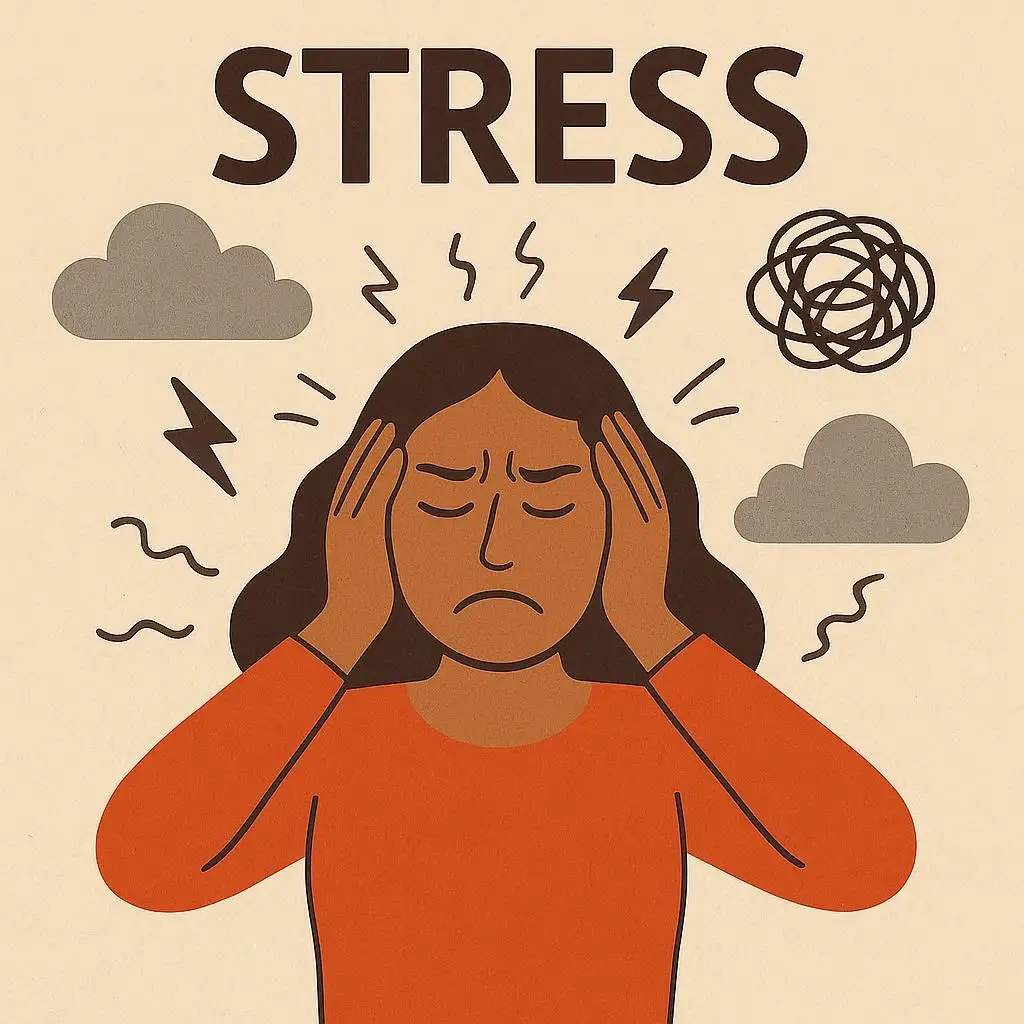Why Managing Stress Is Essential
Stress is a natural part of life. A small amount can motivate us to meet deadlines or adapt to challenges, but chronic stress can harm both physical and mental health. It contributes to fatigue, anxiety, insomnia, digestive issues, and even heart disease. Learning to manage stress effectively is key to maintaining balance and overall well-being.
The good news is that there are practical techniques you can use daily to reduce stress and build resilience.
The Effects of Stress on the Body
When stressed, the body activates the “fight or flight” response, releasing hormones like cortisol and adrenaline. While helpful in emergencies, frequent activation of this system leads to health issues:
- Weakened immune function
- Increased blood pressure
- Muscle tension and headaches
- Disrupted sleep cycles
- Higher risk of chronic illness
This makes stress management not just about comfort—but about long-term health protection.
Practical Stress Management Techniques
Here are everyday strategies that help reduce stress naturally:
1. Deep Breathing Exercises
Slow, mindful breathing lowers heart rate and calms the nervous system. Try inhaling for 4 seconds, holding for 4, exhaling for 6, and repeating for a few minutes.
2. Physical Activity
Exercise releases endorphins—natural mood boosters. A short walk, stretching, or dancing to music can reduce tension and improve mood almost instantly.
3. Mindfulness and Meditation
Spending a few minutes focusing on the present moment reduces racing thoughts. Apps, guided meditations, or simply sitting quietly and observing your breath can help.
4. Journaling
Writing down thoughts and feelings provides clarity and helps release bottled-up stress. Even a few sentences a day can make a difference.
5. Time Management
Planning ahead, setting priorities, and breaking tasks into smaller steps prevents feeling overwhelmed.
6. Social Support
Talking to friends, family, or colleagues reduces stress and builds emotional resilience. Sharing burdens often lightens them.
Lifestyle Changes That Reduce Stress
Small daily habits can protect against chronic stress:
- Balanced diet. Nutritious foods stabilize energy and mood.
- Adequate sleep. Proper rest keeps the body strong against stress.
- Hydration. Staying hydrated helps prevent fatigue and irritability.
- Limiting caffeine and alcohol. Both can worsen anxiety and disrupt sleep.
Consistency in these areas builds a stronger foundation for stress resistance.
Quick Stress-Relief Strategies
For moments when stress feels overwhelming, these quick techniques can help:
- Listen to calming music
- Step outside for fresh air
- Practice progressive muscle relaxation (tighten and release muscles one by one)
- Use positive affirmations to reframe negative thoughts
- Take short breaks during work to reset focus
Even a few minutes of intentional relaxation can make stress more manageable.
Long-Term Perspective on Stress
Stress will always exist, but how you respond determines its impact. By regularly practicing coping strategies, you train your body and mind to handle challenges more effectively. Over time, resilience builds, and stress becomes less overwhelming.
Final Thoughts: Building a Calm Lifestyle
Managing stress is not about eliminating it completely—it’s about learning to respond with balance and strength. Through breathing exercises, mindfulness, exercise, and healthy lifestyle choices, you can keep stress from controlling your life.
By making stress management a daily practice, you protect your health and create space for more peace, joy, and clarity.








